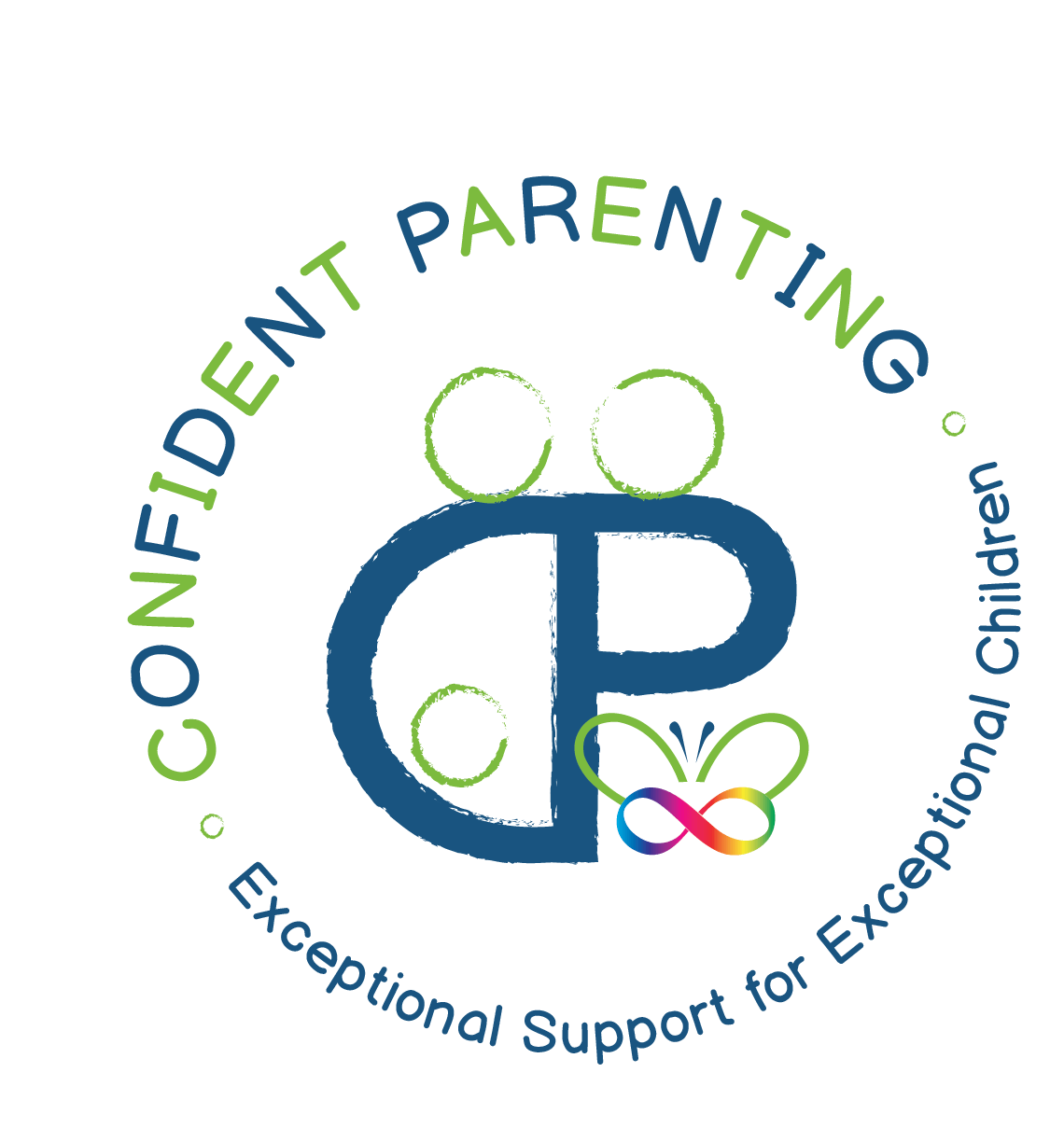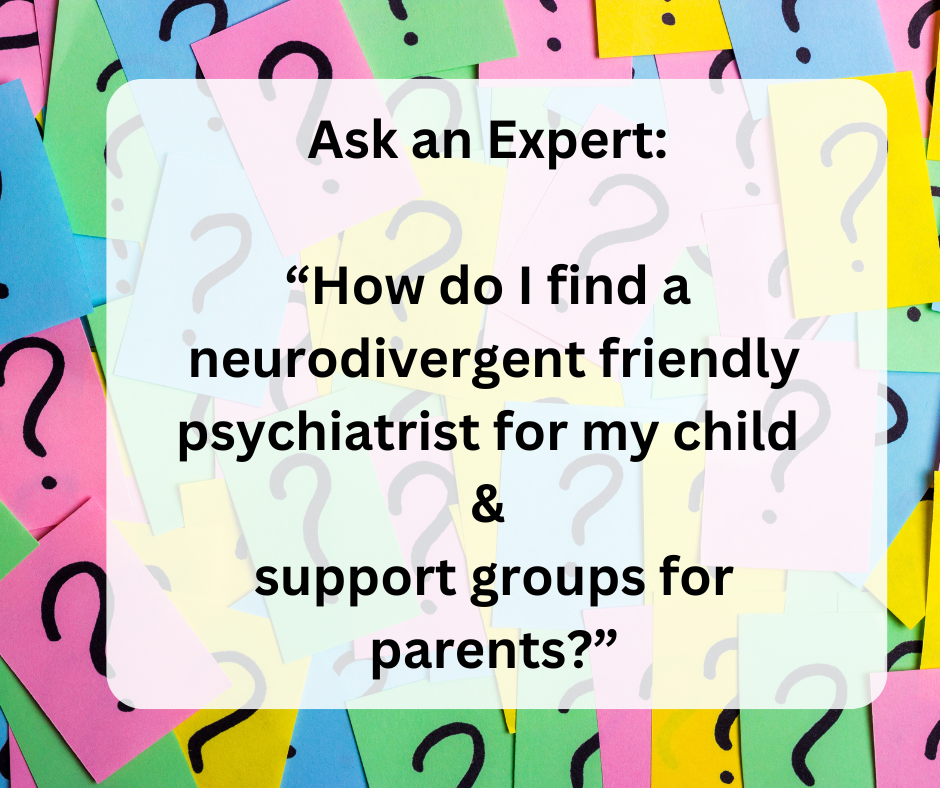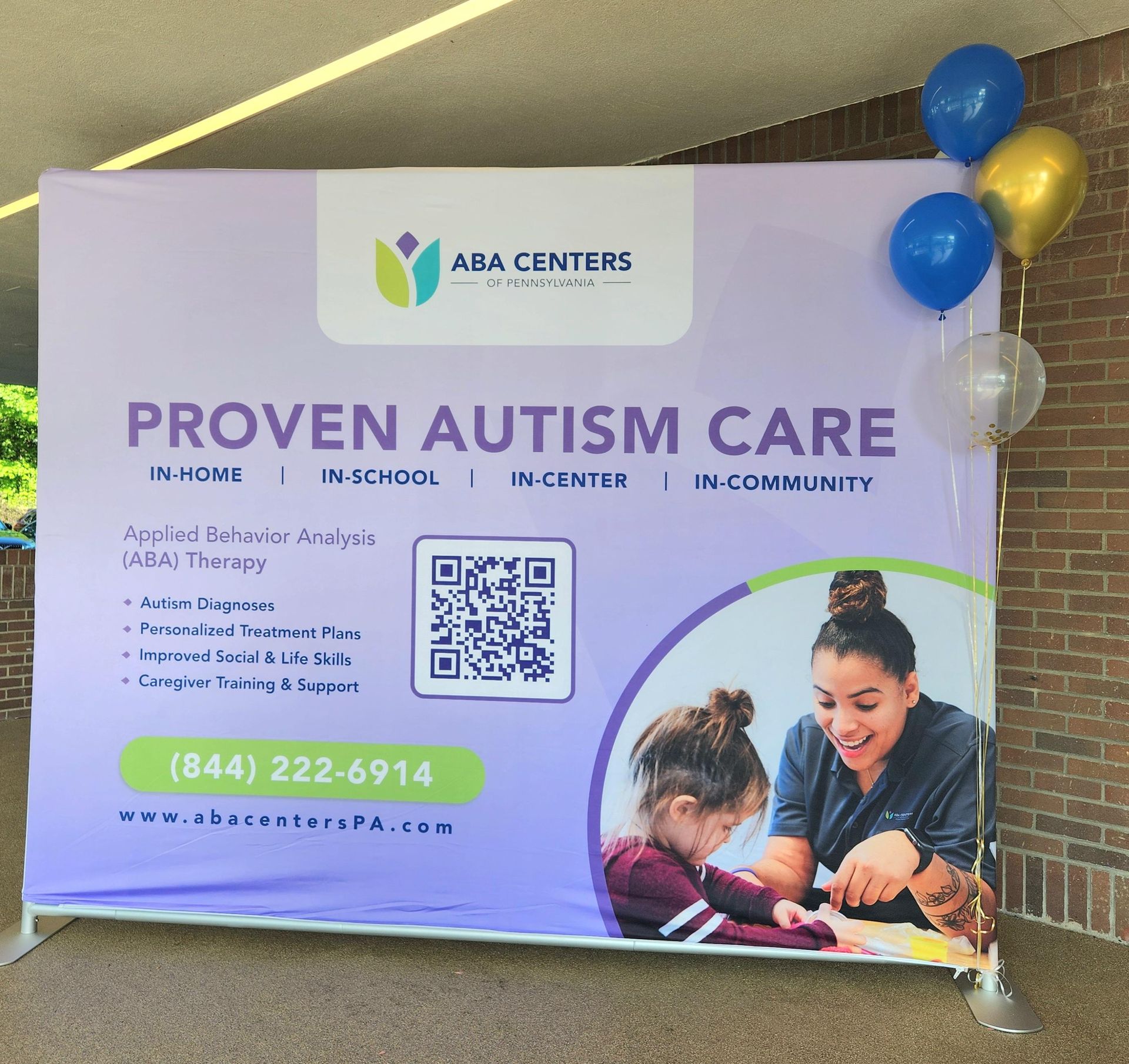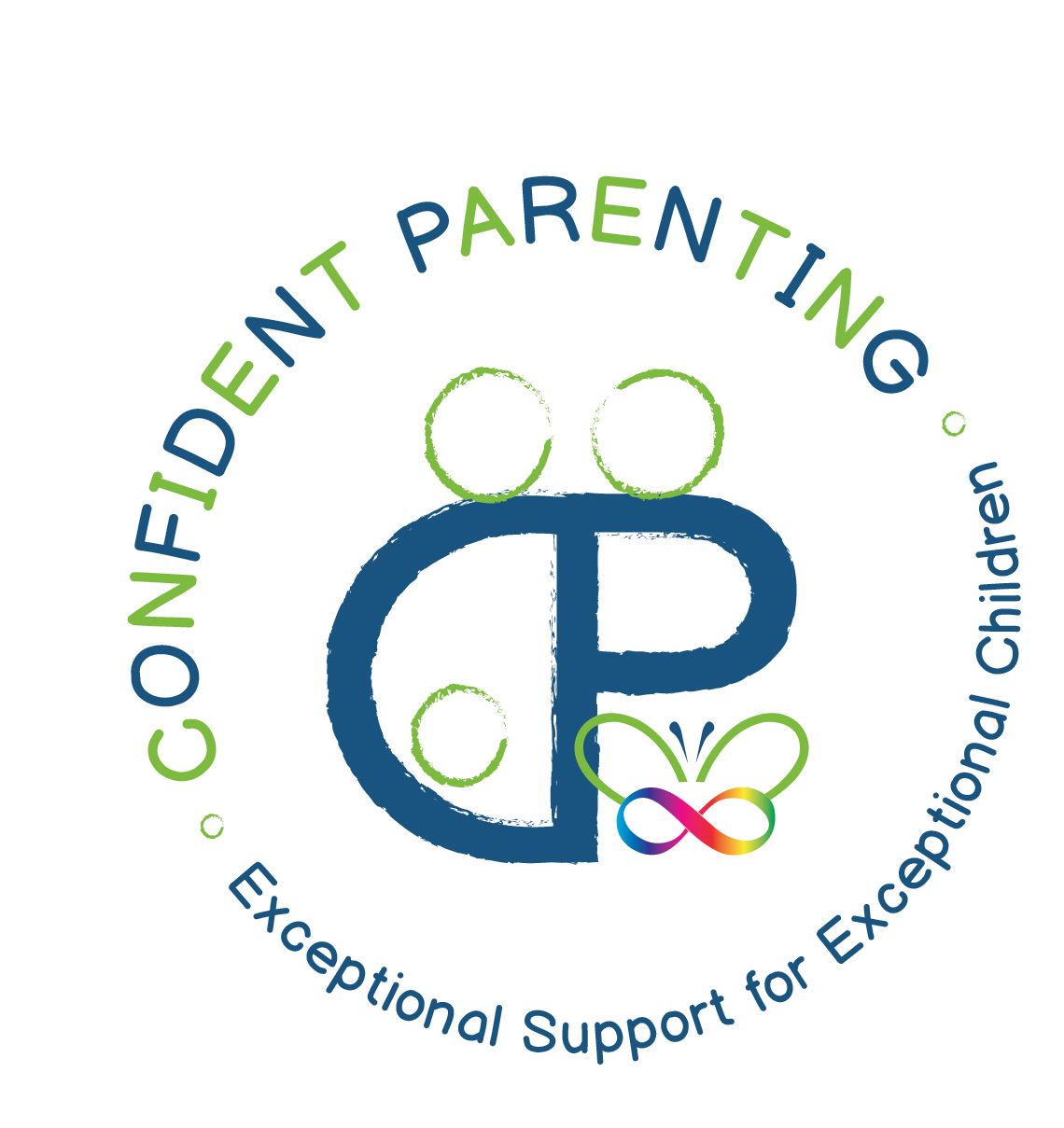Dr. Katherine Baum is board certified, which reflects the highest level of competence in the field. Assessments and treatment are in-depth, high-quality and evidence-based. She offers neuropsychological and cognitive assessment, ADHD assessment, testing for gifted or advanced academic programs, testing for academic accommodations, concussion testing and assessment, and traumatic brain injury.
Neuropsychological Evaluations: What You Should Know
Katherine Baum, PhD
Neuropsychological Evaluations: What You Should Know

If you or your child are struggling, you may have been told to consider a ‘neuropsychological evaluation or assessment.’ and you are curious about what that involves. It’s a well-established set of procedures that focuses on understanding how individuals’ brains work while diagnosing conditions related to brain functioning.
What Is A Neuropsychological Assessment?
Neuropsychological assessments evaluate the brain’s ability to pay attention, communicate, remember information, read, write, process emotions and social situations, and make decisions, to name a few. Importantly, the results of neuropsychological evaluations inform treatment, helping patients, parents, and families make decisions about medications, therapies, work/school accommodations, strategies, and community resources.
Who Provides Neuropsychological Evaluations?
The brain is a complex organ and understanding its multiple functions requires a professional with specialized training. A neuropsychologist is a licensed psychologist who has a doctoral degree (Ph.D. or Psy.D.) followed by a two-year post-doctoral fellowship in clinical neuropsychology. A board-certified neuropsychologist takes an extra step, undergoing a rigorous certification process that reflects the highest level of competence in the field.
Neuropsychologists may specialize in a particular age group, like a pediatric neuropsychologist who specializes in children. Regardless of the age range in which they specialize, they are trained to detect underlying factors that contribute to an individual’s behavioral, emotional, social, and cognitive functioning. Importantly, neuropsychologists often work closely with physicians, psychologists, psychiatrists, occupational or speech therapists, and schools.
What Is Involved?
The evaluation process involves a few steps.
- Interview or consultation to discuss history, concerns, and goals for the evaluation.
- Testing of cognitive skills like attention, memory, language, executive functioning and more. Individuals answer questions, solve puzzles, and may write or draw. There are no needles or scans.
- Interview with the child or young adult patient, as appropriate.
- Questionnaires from parents, spouses or loved ones, teachers, and others
- Feedback to parent(s) and patient, if interested
- Report that gives a ‘big picture perspective, detailed understanding of the patient, results, recommendations, and ideas about treatments or services.
Neuropsychological Evaluations Can Improve Quality of Life
The primary goals of a neuropsychological evaluation are to 1) understand how you or your loved one’s brain ‘works,’ 2) determine if the pattern of strengths and weaknesses are in line with an underlying condition or diagnosis, and 3) guide recommendations, including treatment, school/work support, and suggestions for daily life. With this understanding and guidance, an evaluation can lead to an improved quality of life.
- The evaluation might provide crucial information about the person’s diagnosis or condition, paving the way for customized treatment.
- Based on the assessment results, specialized therapy or cognitive training might be recommended to help the individual gain the necessary skills and shift him or her toward positive life changes.
- The evaluation can analyze and highlight areas of clear strength while detecting weaknesses in an individual’s cognitive abilities so that custom, comprehensive learning profiles can be developed to help them improve.
- A neuropsychology evaluation in Paoli, PA, or elsewhere can also help to guide decisions about medications, which is done in collaboration with a physician.
A neuropsychological evaluation or assessment can be helpful, but it is only possible when you seek the support and guidance of a trained and reliable professional. Hopefully, this helped you understand neuropsychological testing for children, teens, and adults so you can make the best decision about this service.
Thank you to Dr. Katherine Baum for this guest post.

6 Common Special Needs Planning Missteps & How to Avoid Them Guest Post by Pat Bergmaier, CFP®, ChSNC® Over the years, I’ve met many well-meaning, loving parents who mistakenly assume they’re “all set” when it comes to handling the unique financial needs of their child with special needs, only to find out later that they’ve missed a key step. It’s understandable, but these situations can often be avoided with some proper planning help. Here are some frequent planning missteps to be aware of that could impact the financial future of your child or family member with special needs.
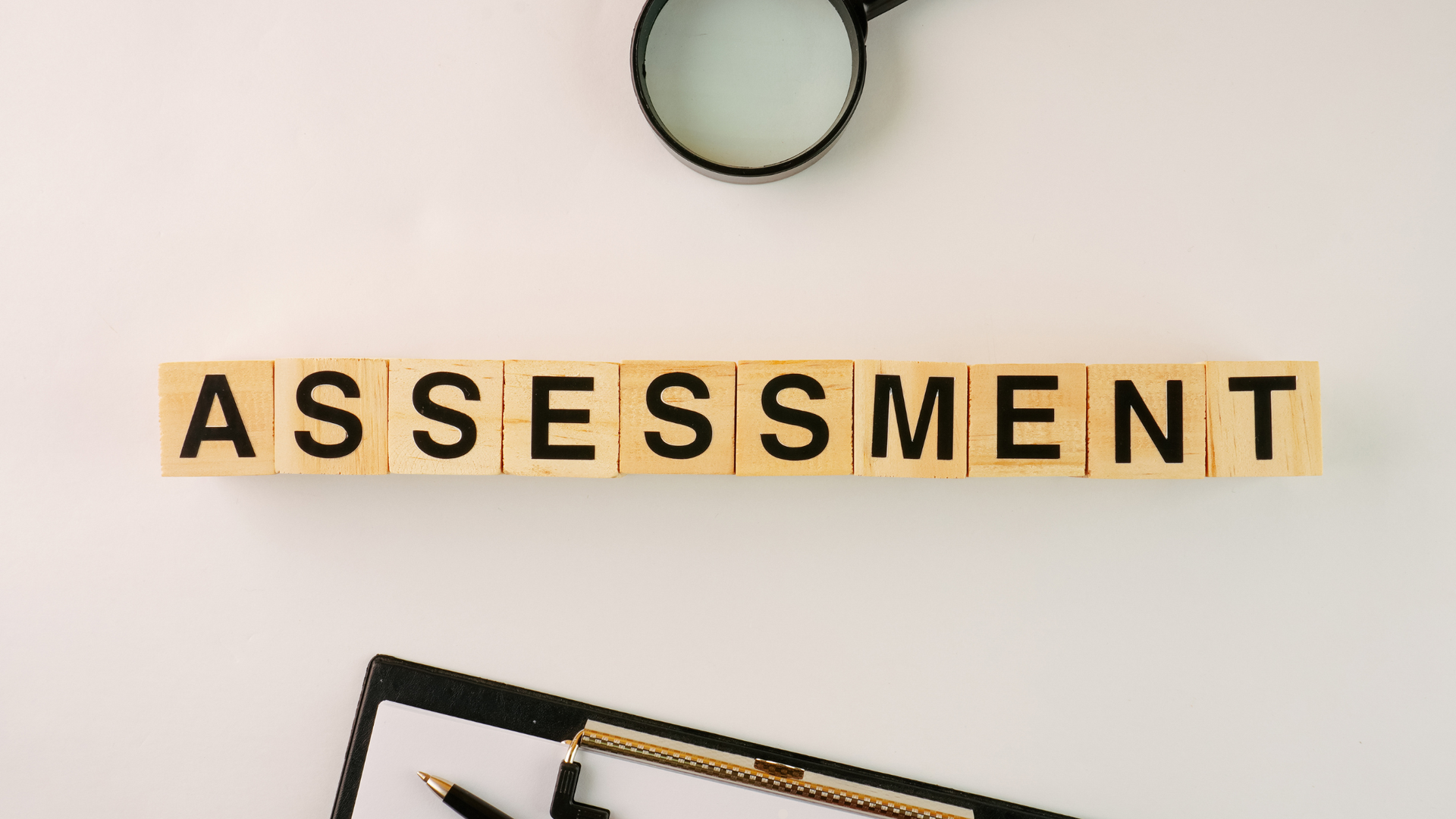
Where Can I Have My Child Evaluated for Autism, ADHD & Giftedness? If you have concerns about your child's development or learning, then you likely already know that many local providers have waitlists as long as 18-24 months for evaluations. As a parent who was once putting my child's name on those lists, I grew frustrated and made it my mission to collect parent recommended resources with minimal waitlists who can help families get answers as early as possible. Here are many excellent options to consider.
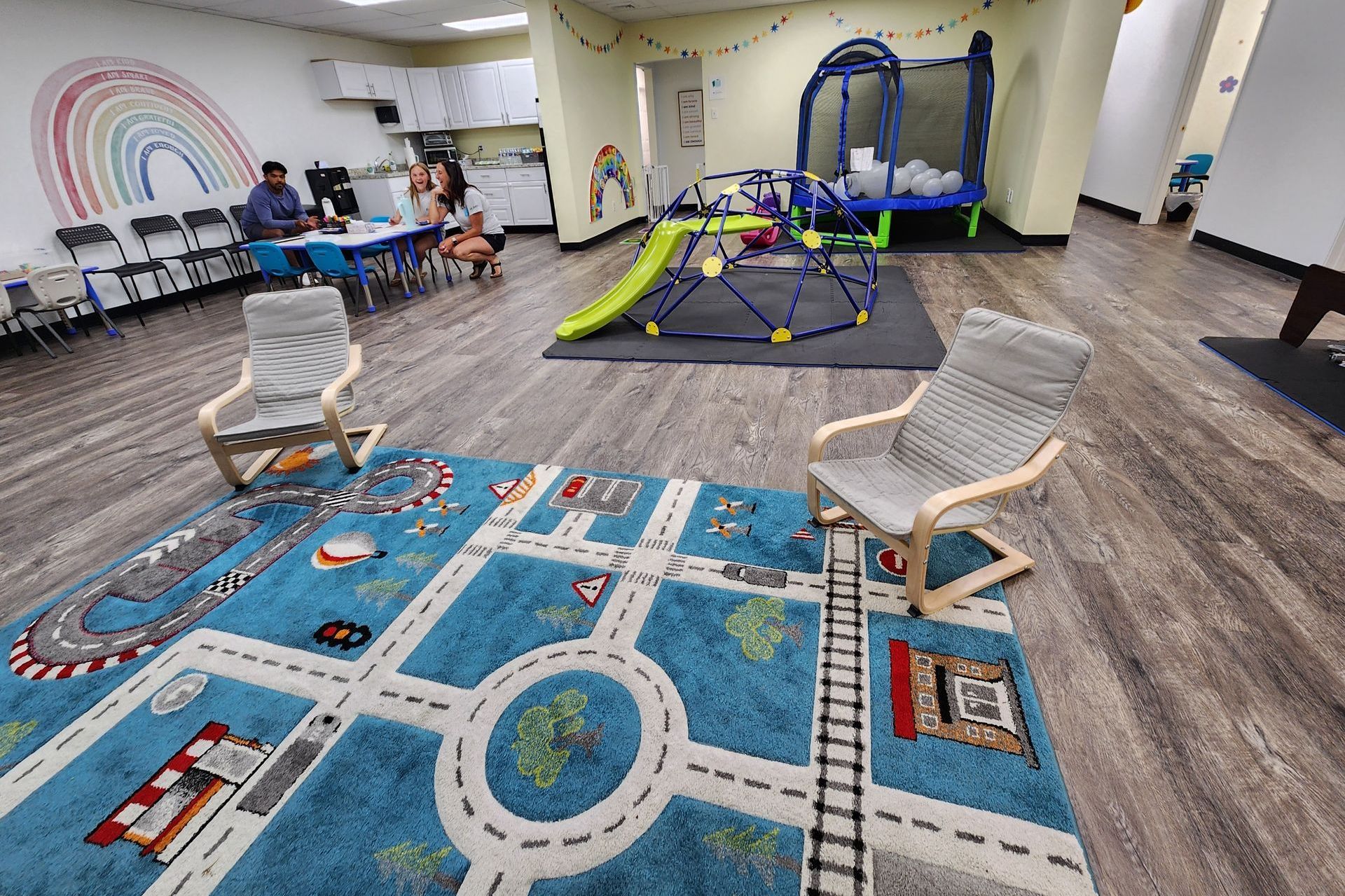
Beyond Autism Opens their 3rd Location in Havertown Pa! Beyond Autism is a collaborative center that provides individualized ABA, Speech and Occupational Therapy for children and adolescents diagnosed on the Autism Spectrum. They partner with families living with autism to build a strong foundation for their children in early childhood and beyond and passionately believe that their team inspires and supports change through evidence-based teaching methods and practices. Their newest location recently opened in Havertown and they continue to offer services out of their West Chester and Media locations. Applied Behavior Analysis (ABA) is a scientific, data based field that has utilized principles of learning and behavior for over 30 years to teach children with Autism enhanced social behaviors like self-care, play, motor skills, language, academic, self-help and other living skills. Their typical timeframe to begin services ranges from 2-4 weeks and, best of all, Beyond accepts all major commercial insurances. While they are not a Medicaid provider, they do offer a hardship program for those in need of financial assistance. Beyond offers a variety of service areas which include but are not limited to: Autism Spectrum Disorder Childhood Apraxia of Speech Early Intervention of Speech/Language Delay Expressive and Receptive Language Disorders Fluency/Stuttering Disorders Artic Phonological Disorders Social Skills/Pragmatic Language Deficits Learning Disabilities Augmentative and Alternative Communication (AAC) Feeding and swallowing Their occupational therapy program focuses on providing skilled based services in the following areas: Activities of daily living (i.e dressing, feeding, toileting & tooth brushing) Sensory processing Fine and gross motor skills Self-regulation and social skills Visual motor & perception skills Play and leisure skills Learn more and contact them at the link below and welcome Beyond Autism to the neighborhood!

Do you have a child who is exploring potential careers and wishes to do more research? Here are my top 3 websites to explore job goals! O*Net Online O*Net Online is a fabulous website that you could spend hours on. Do you have a specific job that you are interested in researching? You can search for it specifically and you can see all of the job duties associated, the education required, salary information, as well as other jobs that are related to that position. You can also explore jobs based on a specific skill set, by professional associations, job duties, etc. The website also designates which jobs are “bright outcomes”, meaning that the industry is growing and therefore jobs will most likely be available in your field. The website also includes a free interest profile which is helpful in narrowing options. Overall, I could spend hours doing research on O*Net! It is my favorite website by far! Pennsylvania’s Center for Workforce Information & Analysis This website provides labor statistics based on information gathered from the state of Pennsylvania and breaks it down by counties. My favorite statistic to explore is the “Top 50 New Hires”. This is updated every quarter, so it has the most up to date information. This list shows the top 50 employers in each county who have hired workers. This list can be beneficial to explore what type of industries are prevalent in the area that you live in or wish to live in, as well to give ideas of employers to explore for potential jobs. You can find an employer and then search their site for the types of jobs that they are hiring for. The information is extremely interesting, especially when comparing different counties. Occupational Outlook Handbook This website is similar to O*Net Online because it also allows you to explore different job goals in a variety of ways including by pay, educational level, projected new jobs, and projected growth rate. This website is developed using the US Bureau of Labor Statistics. There is a video on the home page which gives you information on how to best use the site. It is another great option for you and your child to explore different job goals. The Pennsylvania Office of Vocational Rehabilitation, or OVR, provides vocational rehabilitation services to help persons with disabilities prepare for, obtain or maintain employment.
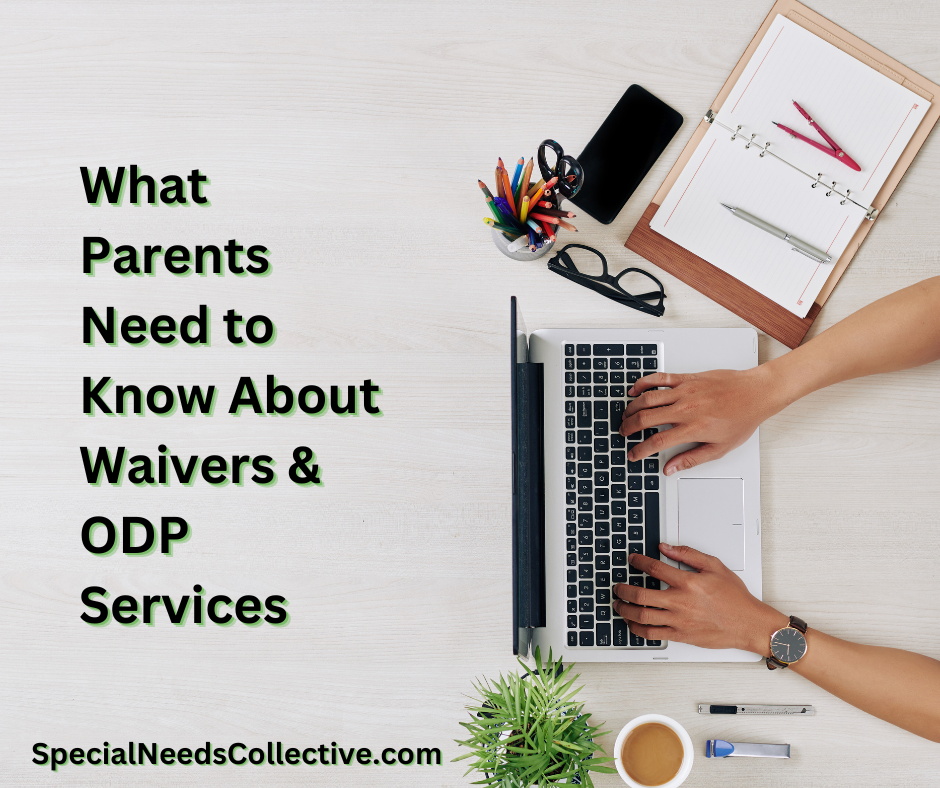
If you are a parent of a child with an intellectual disability or autism, it can be overwhelming knowing which agencies you need to connect with to support your child. One of the first agencies that you should explore is the Office of Developmental Programs (ODP). Pennsylvania’s Office of Developmental Programs has a mission to assist Pennsylvanians with developmental disabilities to achieve greater independence, choice, and opportunity in their lives. Services include (but are not limited to) assistive technology, benefits counseling, community support, therapies, transportation, employment support, educational support, respite care, housing, etc. The services provided are tailored to the needs of your child. You must contact your county ODP office and schedule a time to speak with the intake person who will gather your information. ODP provides services through Administrative Entities. An administrative entity is an agency that can oversee ODP services. As a parent, you will have a choice of which Administrative Entity you would like to work with. It is encouraged to reach out to speak to the different Administrative Entities available to determine which one is the best fit for your family. I also encourage you to discuss with other members of your community who may have worked with them in the past. Once assigned to an administrative entity, you will be assigned to a Supports Coordinator who will be your main point person as you navigate services. It is important that this person is kept in the loop and informed of any important changes. Services are funded through something called a “waiver”. Some waivers are available at birth, therefore there is no need to wait to enroll for ODP. There are different waivers available and although several of them overlap in the types of services they provide, they may differ in the amount of funds that can be spent on a yearly basis. This can impact the number of services your child can access and at times, you may have to prioritize what is most important for them to have. Your supports coordinator will let you know which waiver you are eligible for and will help develop a plan, an Individualized Service Plan, which will outline the services provided. The ISP is updated on an annual basis. I have had discussions with families in the past who have been hesitant to enroll with ODP because they had misconceptions of the services that they provide. They believed that the services were just for individuals with significant cognitive disabilities and that their child would not be eligible. Some families I have worked with didn’t realize that individuals with autism were eligible for ODP as well. In reality, ODP provides funding for an extensive amount of services. If your child is going to need supported employment services, ODP will work hand in hand with the Office of Vocational Rehabilitation to provide the on-going on-site support. ODP funds have also been used to pay for the tuition for autism programs through universities. I have also seen ODP funds be used to fund Uber rides to and from employment. Your supports coordinator will be the one to assist you in determining how funds are used. Why is it important to enroll now versus waiting? For some waivers, it may be first come first served and may require for you to join a wait list. The number so individuals accessing these services continues to grow and there are limits to the funding available. In addition, it is important to have the supports coordinator involved early so that they can assist with the transition out of high school. In addition, to be eligible, you must provide documentation and complete an application. This process can take time, so you do not want to wait to get started. For more information about ODP, please visit ODP’s website which features The Gold Book , which explains services and waivers in digestible way.

Whether your teen or young adult is moving toward post secondary education or employment, Certified Vocational Rehabilitation Counselor Erin Brown has tips for a smoother transition... In PA, planning for the transition from high school to employment and/or post-secondary education begins at age 14, however, it's never too late to start! Here are things to keep in mind when planning and implementing a transition plan. Talk About Employment Early Students are typically only exposed to jobs they interact with so you'll want to widen their exposure as well as discuss their interests and hobbies and how those might intersect with potential employment opportunities. Learn what positions are available within a field of interest and what educational levels are required for those fields and positions. In order to obtain services from the Office of Vocational Rehabilitation , the student must have one specific job goal that they are working towards in order to determine what services they will receive. Know Agency Timelines There are many programs and agencies to support your student at any age but they have varying, and often inflexible, timelines. Learning what is available to and creating a timeline for when to start the process with each agency will help you avoid missing needed support. Practice Advocacy Now A crucial skill for your student to develop for both employment and postsecondary education is the ability to speak about their disability and support needs. Involving them in IEP meetings can afford them practice and confidence in this area which they can utilize down the road in speaking with professors, employers and more. Practice Soft Skills Soft skills are the skills your student will need to be successful with any job or education program. These include hygiene, dressing appropriately, professional communication, comfort in interviews, taking feedback , learning to wake up independently and on time and much more. All the things your teen, especially if they are neurodivergent, likely struggles with! Find Employment Opportunities Employment opportunities allow your student to experience the work setting first-hand and to learn what they do and do not like regarding tasks, setting and and which skill areas need improvement. Often learning what they don't like is even more valuable than learning what they do like. Any type of paid or unpaid work experience will be a valuable experience in determining those things. Who Can Help A transition counselor or consultant can work with you and your student when planning for and embarking on transition services by: * Discussing employment goals * Reviewing current services received by school district/agencies * Reviewing available agencies client should be connected to * Reviewing potential programs/services client may be interested in * Discussing tangible goals and plans, both in the short term and plans for future years dependent on where they are in the transition/employment process * Working with your child to come up with a schedule that will look at not only their upcoming assignments and tests but will also help prioritize what they need to be working on and introduce organizational techniques that they can use independently in future semesters or years

Wondering if your child's behaviors are typical or a sign of something more? Our friends at the Center for Cognitive Behavioral Therapy can help!... Autism Spectrum Disorder (ASD) is a neurodevelopmental disorder that is marked by difficulties with social communication/interaction, as well as restricted or repetitive behaviors or interests. Kids with ASD can begin showing signs as early as 12 months of age, but it’s typically recommended that families wait until 18-24 months to get formal testing. By age 2, a diagnosis by an experienced ASD evaluation expert can be considered reliable. Depending on a child’s developmental milestones, the specific symptoms they may be showing, and where they lie on the ASD spectrum, ASD can easily be misdiagnosed or go unnoticed. Due to missed signs and behaviors, it is important for parents and caregivers to understand what some potential signs and symptoms of ASD may be. In younger children, signs of ASD include: *Avoiding eye contact *Disengagement with games or playing with peers *Lack of pretend play *Toileting troubles *Sensory sensitivity (i.e., touch, smell, noise) *Tantrums that occur more often and last longer than peers In older children, signs of ASD include: *Difficulty engaging with the back and forth flow of conversations *Difficulty with perspective-taking (i.e., seeing another’s point of view, understanding how another is feeling) *Tendency to discuss a specific topic for an overly extended period of time *Struggles with interpreting nonverbal language of others such as body movements, facial expressions, nonverbal cues *Repetitive movements or behaviors such as flapping one’s hands (often called stimming) *Rigidity regarding routines If your child is displaying these characteristics, give your pediatrician a call and ask for a screening to determine whether a more extensive ASD evaluation would be indicated. If not, feel free to give us a call (267-551-1984) and we can help you figure out whether you should pursue a full assessment for ASD. One thing to note is that the earlier you get a proper diagnosis and treatment, the better the outcomes for your child will be. Proper Autism testing should be comprehensive and include multiple sources of information (including the Autism Diagnostic Observation Schedule, which is the hallmark component of the gold-standard Autism assessment battery). The Autism evaluation experts at the Center for CBT offer extremely comprehensive, accurate Autism evaluations that include detailed treatment plan recommendations and next steps for your child. You can read more about our ASD evaluations at the Center for CBT here or give us a call for a consultation directly with an Autism evaluation specialist at 267-551-1984.
